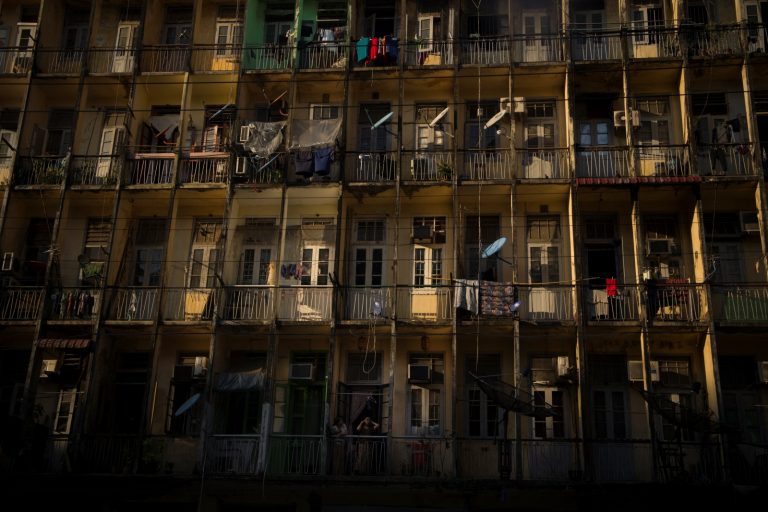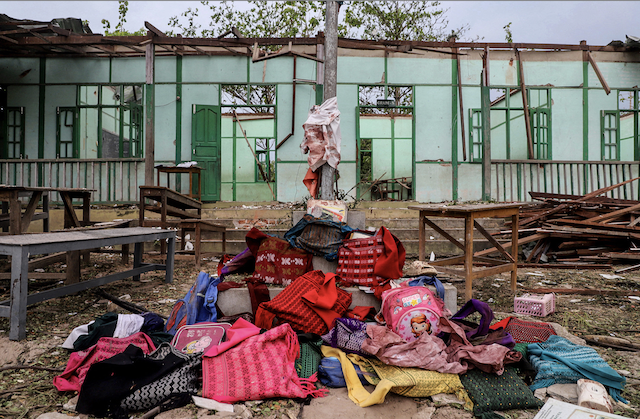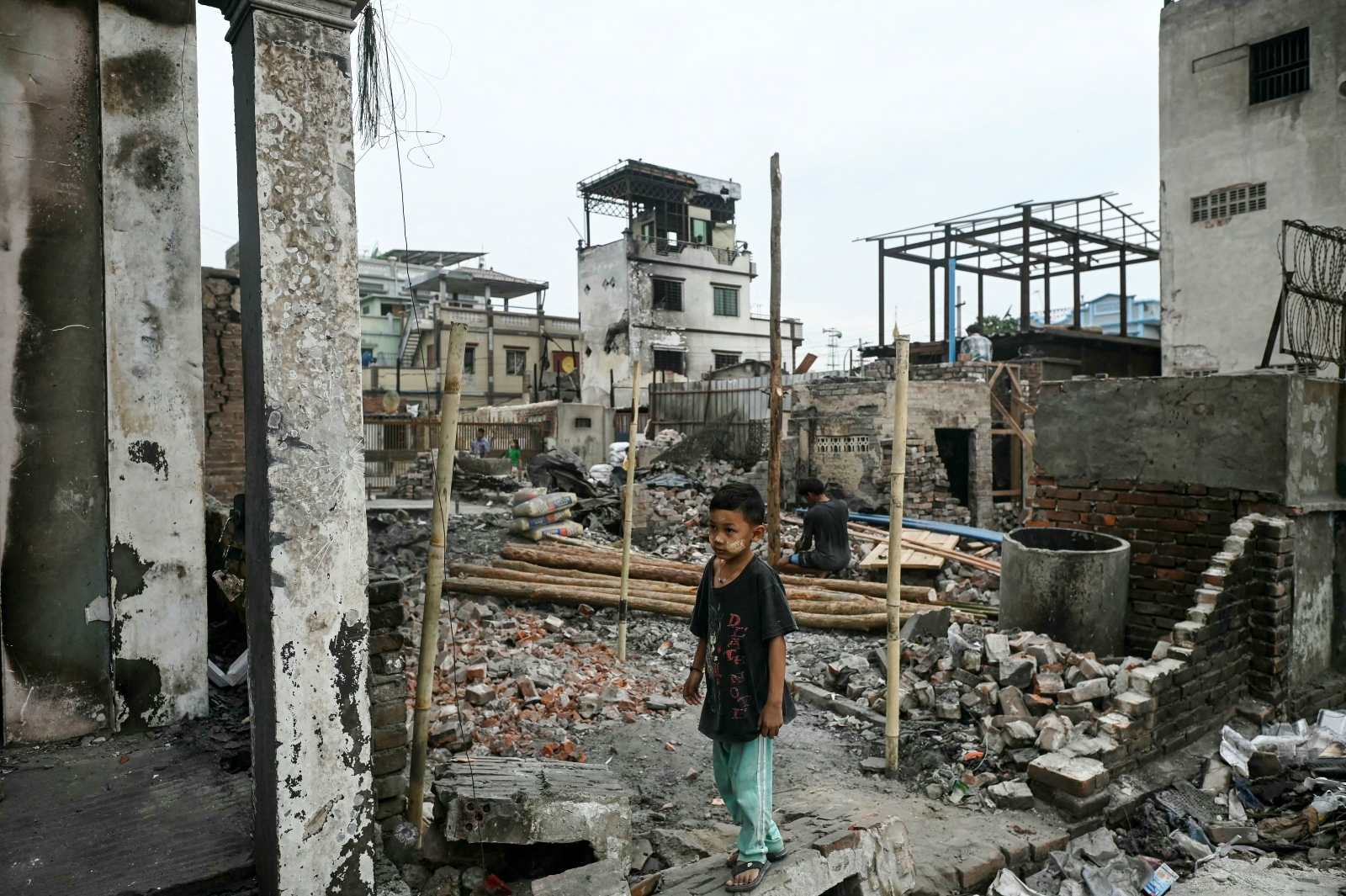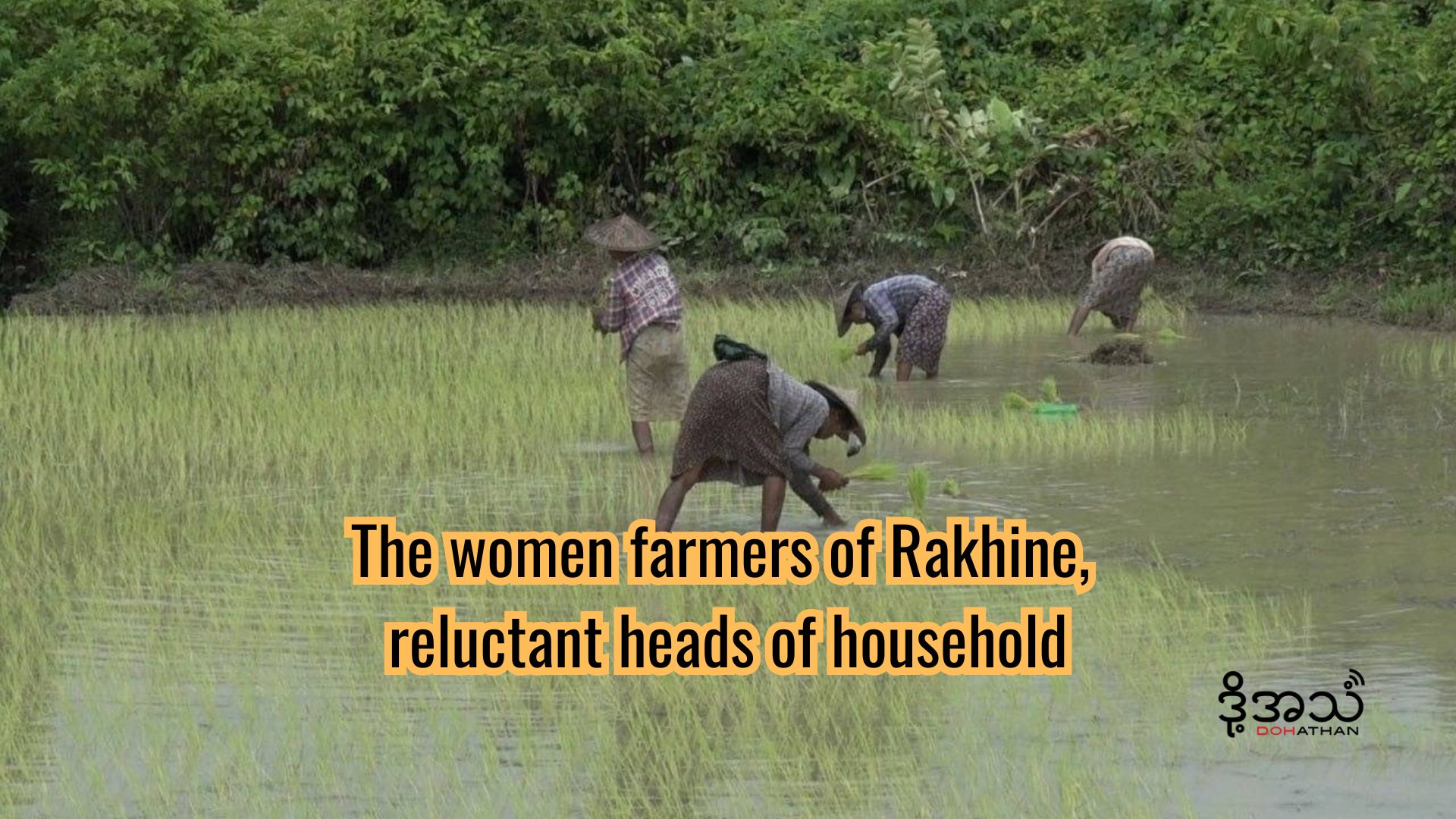The lack of a unified message from the UN has weakened its influence on the government in the Rakhine conflict.
The battle within the United Nations country team over the direction of its work on human rights, particularly in Rakhine State, was one of the worst kept secrets in Myanmar. It was a bitter struggle between two sides that both believed their approach was the most effective to tackle the myriad challenges.
The UN is far from monolithic; its various agencies, by the nature of their work and leadership, have different operating philosophies. In Myanmar, the battle lines went something like this: One faction favoured a less combative approach that was more sympathetic to the challenges the government faced; the other took a more human rights-centred approach, and wanted the government to be more forcefully taken to task for its multitude failings in Rakhine.
(“Government”, in this instance, refers to the government of the day; both the Union Solidarity and Development Party administration of U Thein Sein and the National League for Democracy government led by Daw Aung San Suu Kyi.)
This is not a new fight. The Myanmar Times reported on it in June 2015, as tensions emerged over Myanmar’s perceived role in the migrant crisis in the Bay of Bengal and Andaman Sea.
In recent years, the “pragmatic” faction – led by the UN resident and humanitarian coordinator, Ms Renata Lok-Dessallien, who took up her position in January 2014 – has tended to win out.
Support more independent journalism like this. Sign up to be a Frontier member.
Painting this as “development versus human rights” is too simplistic. But it’s also wrong to view it as a purely ideological battle. Personalities have played a strong role in the breakdown of relations between the different agencies, with many put off by Lok-Dessallien’s management style.
The dispute reflects the UN’s Byzantine internal politics, with the two factions on the ground here both having their respective supporters outside Myanmar’s borders, in New York, Geneva and so on.
As Myanmar Times noted in 2015, “Calls for a more robust rights-oriented approach is strongest at UN headquarters in New York, although divisions exist there too. Prince Zeid Ra’ad Al Hussein of Jordan, the high commissioner for human rights appointed last year, is said to be leading the charge with the backing of UN Secretary General Ban Ki-moon who in turn is under pressure to act from Samantha Power, US ambassador to the UN.”
The key takeaway from all this though is that the lack of a unified message from the UN has weakened its influence on the government and other actors in the Rakhine conflict.
Critics of the pragmatic approach would also point to the lack of progress in Rakhine State over the past three years.
Now Lok-Dessallien is on her way out, reportedly 18 months before the end of her five-year term, will the approach of the UN country team change? And will it have much of an impact on how Myanmar addresses the Rakhine crisis and other issues across the country?
The answer to the first question will depend on Lok-Dessallien’s replacement and whom that person’s allies are within the UN system. There’s an argument the new secretary-general, Antonio Guterres – formerly the UN High Commissioner for Refugees – will ensure a tougher, human rights-focused stance in Myanmar. Whoever takes up the job, they will need to create a coherent vision that all agencies and UN personnel can support.
On the second, the evidence to date suggests that Aung San Suu Kyi’s government is as unlikely to heed lectures on human rights as its predecessors.
But that does not mean that it should be given a free pass. Yes, every country has its own unique context. That’s not an excuse to justify or explain away violations of basic human rights.
Aung San Suu Kyi has reportedly said she’ll only accept the recommendations of the Rakhine State Advisory Commission led by former UN secretary-general Kofi Annan. But accept and act on are different things. The lack of progress on implementing the commission’s interim recommendations that were released in March is concerning.
This editorial was first published in the June 22 issue of Frontier.






